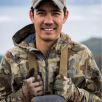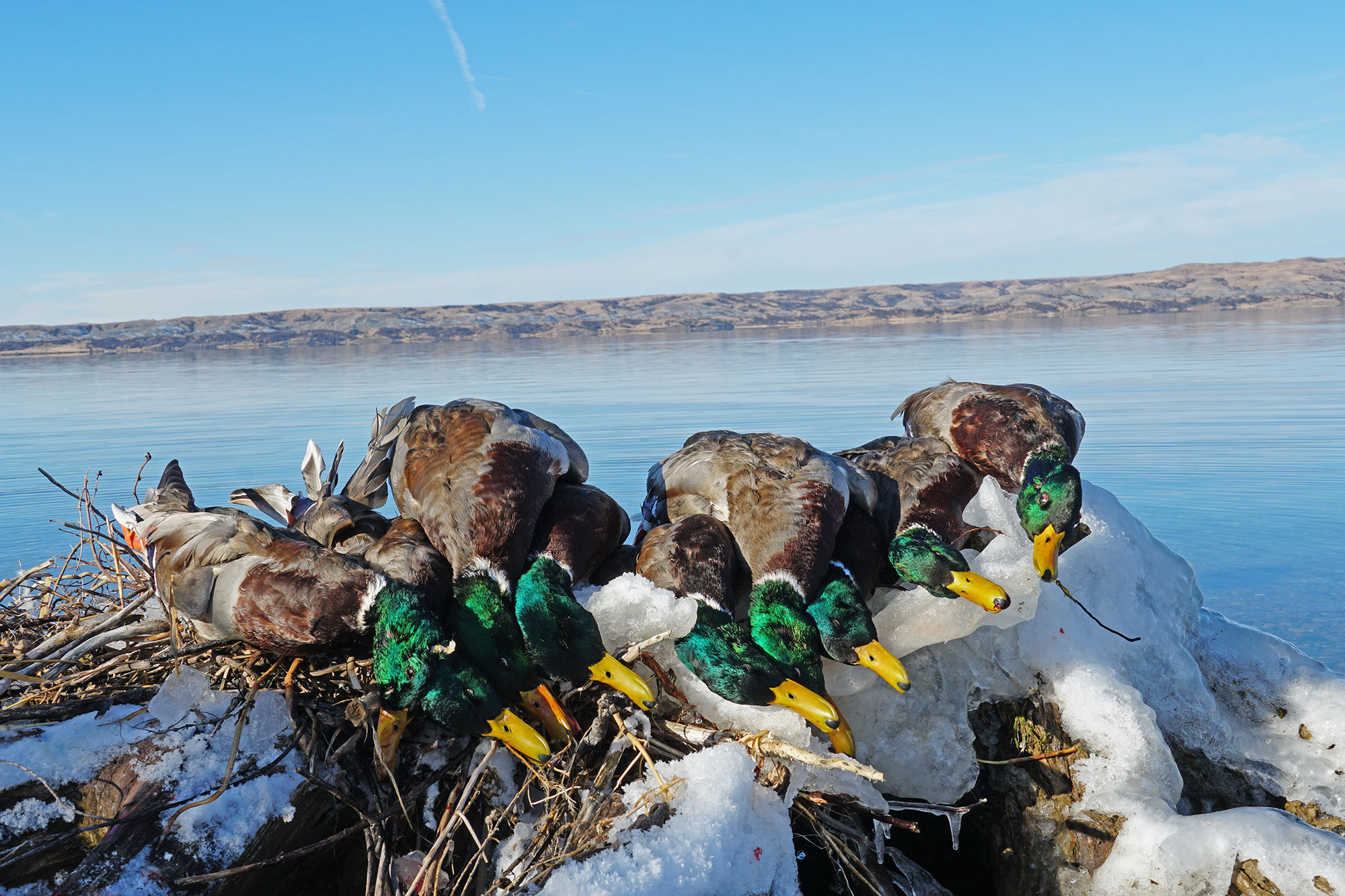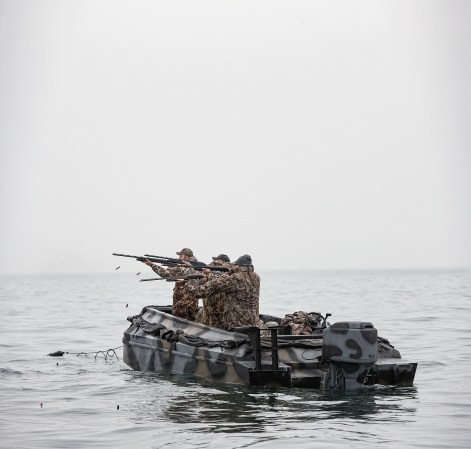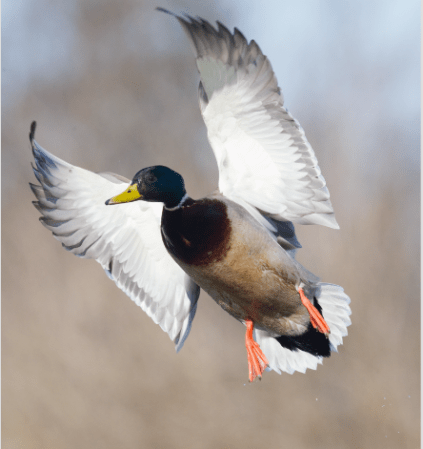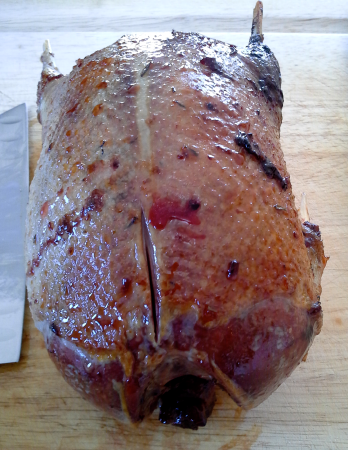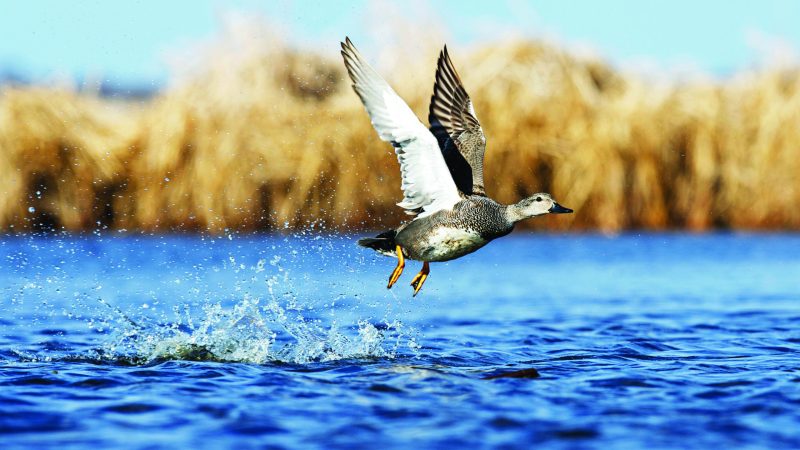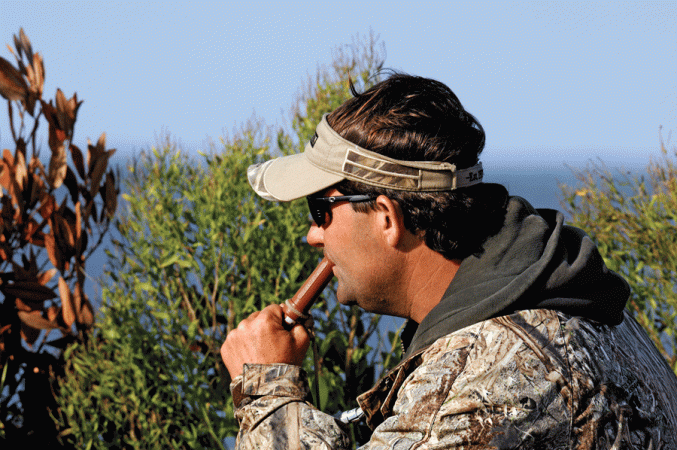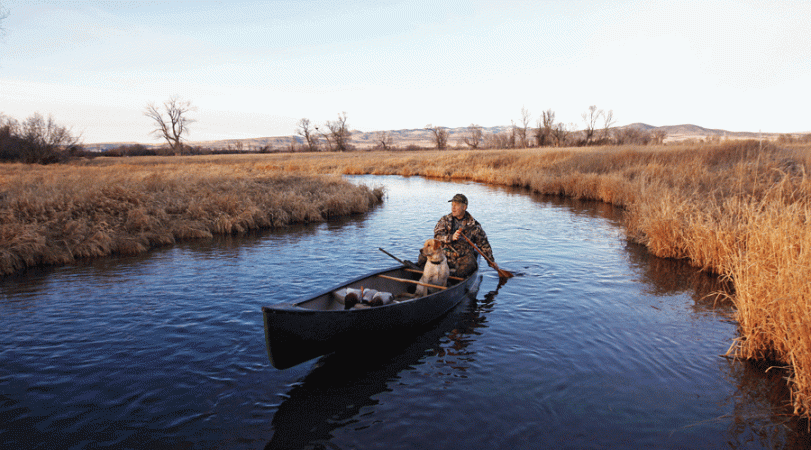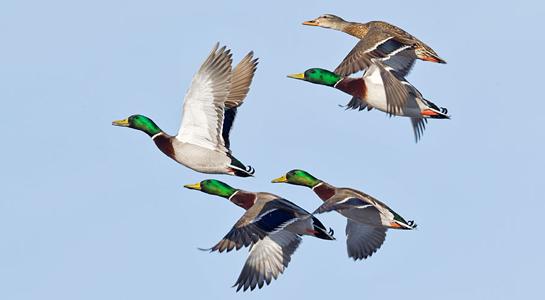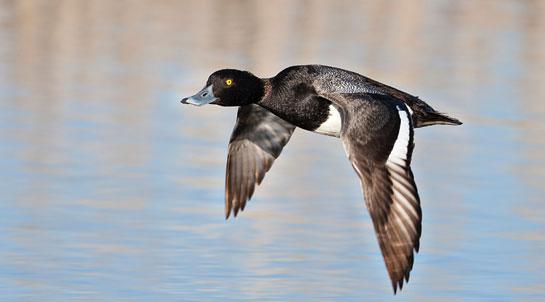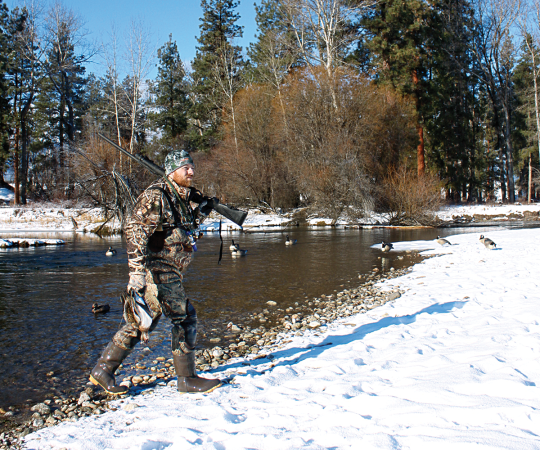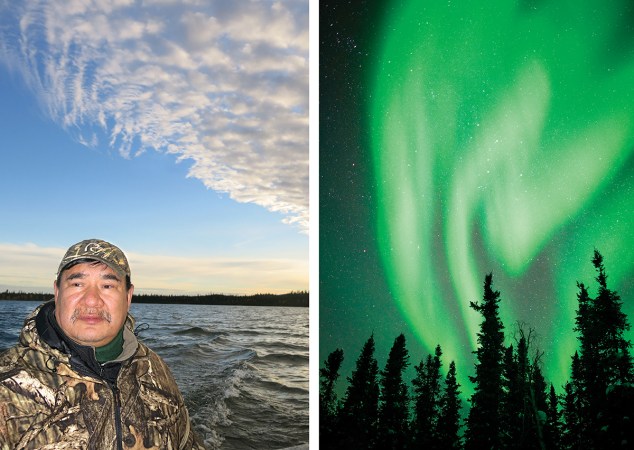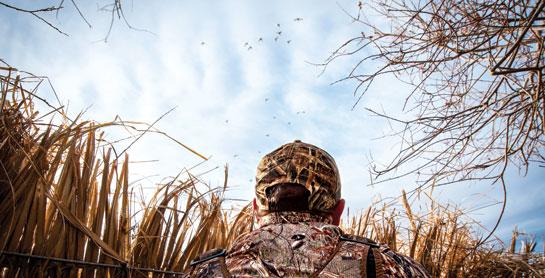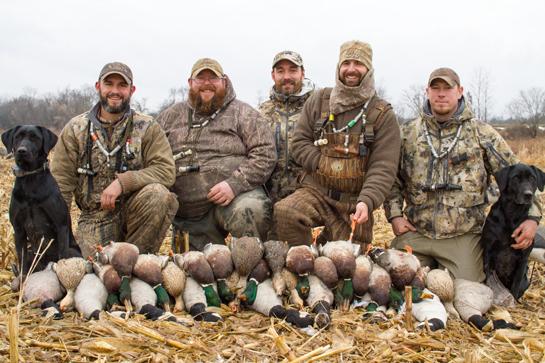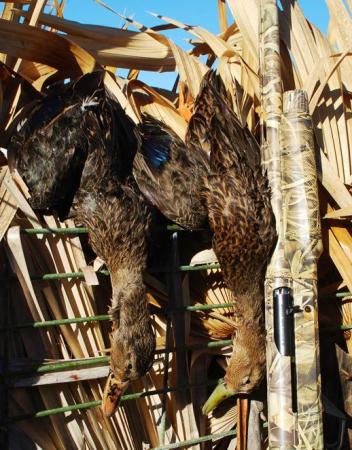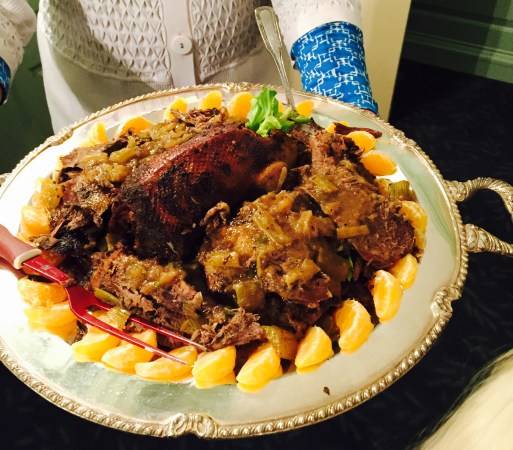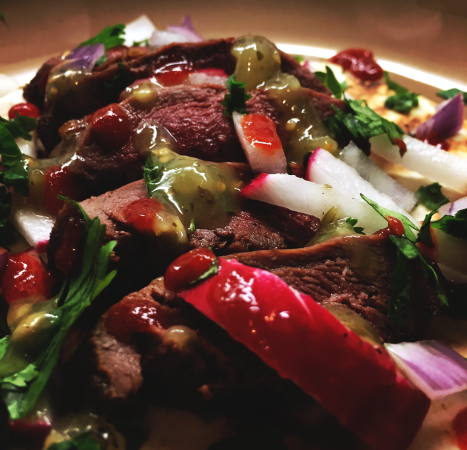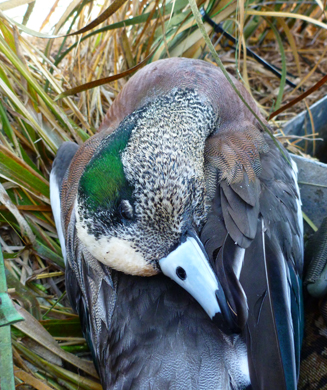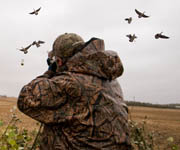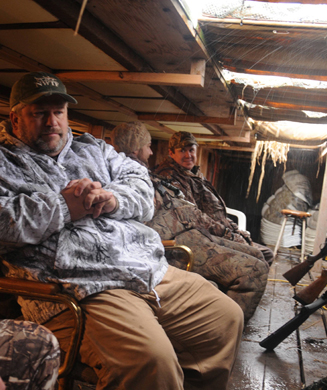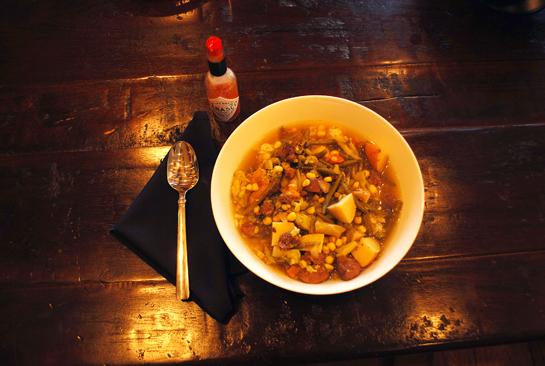Duck hunting isn’t about shooting limits, or at least it shouldn’t be. I believe this deeply and I’ve written about it plenty (so has OL Associate Editor Joe Genzel). But at some point, you do actually have to kill ducks, otherwise you’re not really duck hunting. You’re just waking up at 4 a.m. to trudge through a marsh, set decoys, stare at empty skies, and then pick your decoys back up again. I’m not quite sure what this activity should be called (marching toward insanity, perhaps) but it’s not duck hunting.
And insanity began to set in somewhere during the middle of my duck season. I had a few excellent early teal hunts in Minnesota and Texas but then I struggled through a very slow duck opener in Wisconsin. My group fired exactly one shot that opening morning—a miss.
Earlier in the year, OL reported on the extreme drought conditions throughout much of the country and how those conditions could negatively impact waterfowl numbers. Mallards in a North Dakota survey were down nearly 49 percent from 2020 numbers, and pintails were down 68 percent, to their lowest count since 1991, according to a report by Hunting Editor Andrew McKean. But, perhaps foolishly, I didn’t think this data would impact what I was seeing in the field. I scouted my way into the middle of the season, sure that the birds would come.
During mid-October I pulled up to one of my go-to wood duck spots to find two other guys watching the same stretch of river. By 20 minutes past sunset, we saw a total of three ducks fly by.
“The river has sucked this year,” said one of the guys, and I felt a brief pang of depression, like we were the final three dudes hanging out a lonely dive bar during last call, all sitting separately but, sadly, somehow together.
I shook it off and went deer hunting. Cold weather would bring birds and better hunting. Except it never did. My waterfowl hunting buddies struggled through their seasons, too. Outfitters canceled hunts or pushed back dates. I’m sure that lots of other hunters had great seasons all cross the country. I just don’t know who they are.
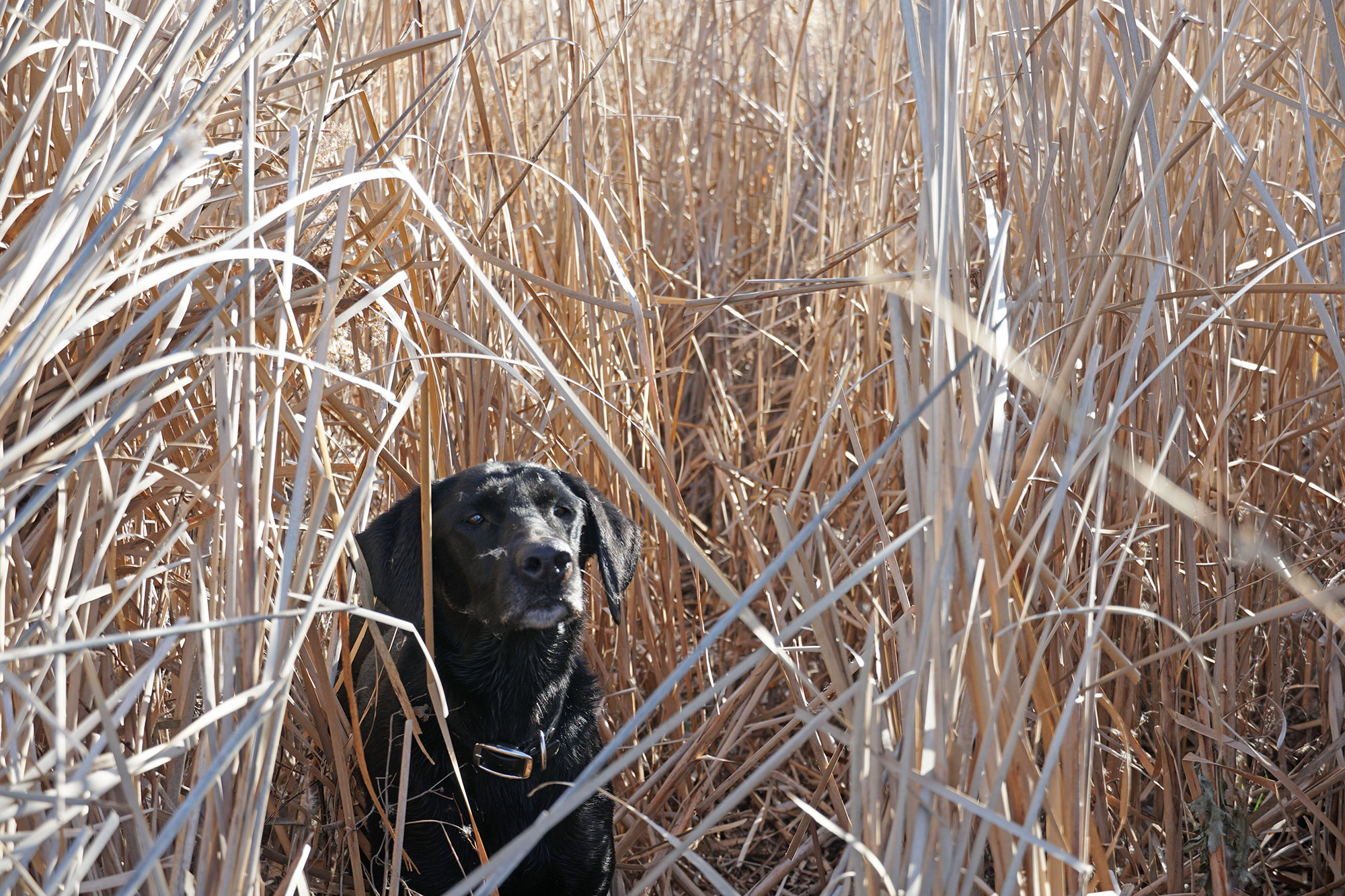
Greenhead Gifts
Much of duck hunting is about tradition, or at least rituals. One of my traditions is to hunt the final days of the Wisconsin duck season with my buddy Todd Gifford (aka, the Crowman). We usually have one good hunt near the Mississippi River and then call it a wrap on the year.
For me, snowy river bottoms and plump greenheads have come to mark the start of the holiday season more than any Christmas tree or string of lights ever could. There is, after all, no better place to reflect on your year (and your life) than a frigid river while waiting for the next flight of midday mallards.
But this year we didn’t even hunt. Gifford scouted our usual spots and found no birds. I schemed up a last-minute trip out-of-state trip to save our season and continue our tradition.
We left on a Friday during a blizzard that shut down most of the upper Midwest. A drive that should have taken about 6 hours lasted 10. The next morning, we found ourselves in a pit blind overlooking a pond of flooded corn. We flushed a flurry of mallards out of the pond while setting our decoys and we waited all day for them to return. Exactly one hen mallard actually did.
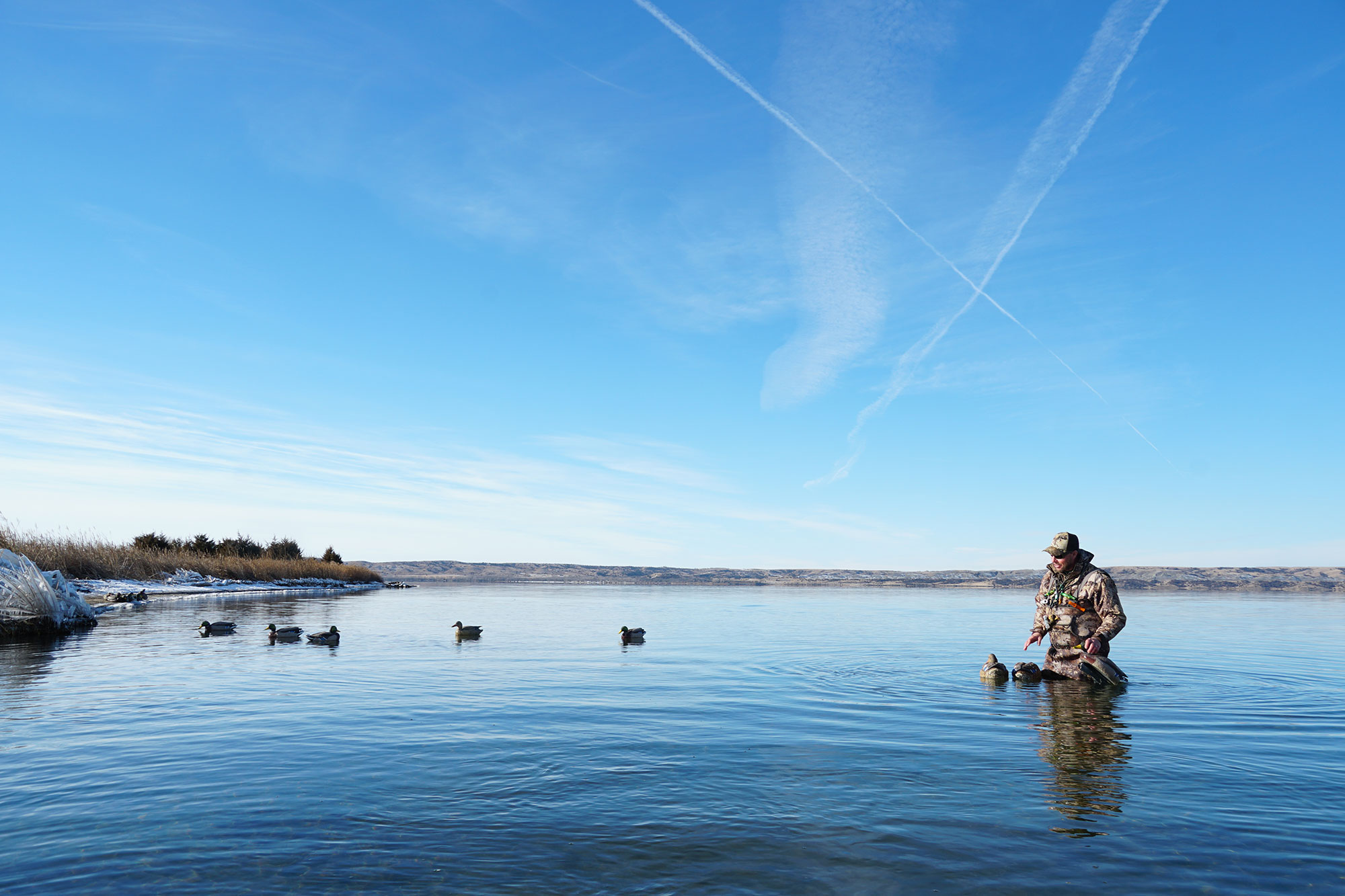
“That’s just the way it’s been this year, bro” Gifford said while we picked up the decoys. He’d missed late-season mallard hunting last year after falling off a ladder and shattering his leg, while hanging Christmas lights. For a while, we affectionately called him “Tiny Todd.”
“But who knows,” he said. “Maybe they’ll all move in tonight and hunting will be better tomorrow.”
Now it was just the two of us hanging around after last call.
But on our drive out, we spotted a big group of birds in the distance. It was after sunset now but there was still enough fading light to spot the cloud of birds that were beginning to tornado down over a cut cornfield.
“Are those snows?” I asked.
“They’re freaking green beans, dude,” said Gifford. “Follow ’em!”
We pulled up to a field to watch thousands of mallards spiral down from the darkening skies. A rolling feeding chuckle from hundreds of more ducks on the ground rumbled through the open truck windows.
Gifford didn’t sleep at all that night. He poured over maps and schemed and paced and was ready to go at 4 a.m. when I got up.
“We’re going to get them. I know it.” was all he said.
Instead of going back to the pit, we decided to set up on a little point jutting out into the mighty Missouri River. We didn’t have a field spread with us, and even if we had, we weren’t sure the mallards we’d seen the night before would feed during daylight. But we knew that late-season mallards like to trade around big bodies of water during the middle of the day. All we had to do was set up somewhere near their loafing area, and surely, we’d be able to call and decoy a few of them in.
Only 15 minutes before shooting light, about 100 mallards tried to land in our spread while Todd was still setting it up. We had picked the right spot.
Legal shooting light came, and we were ready. An hour passed but we saw only flocks of goldeneye working the middle of the river. Another hour passed and the dread started to creep in.
“They’ll start flying around 10,” Gifford said. “They always do.”
At 10:15 we spotted a lone drake mallard coming in hot. He looped around us and we called to him at the far edges of his flight path. After months of waiting and hoping, Todd finally jumped up and killed a stud drake mallard over the decoys.
Next a pair worked around us and I killed the drake. Another single drake buckled in and we killed him high overhead. My dog Otis swam out to retrieve the duck through a thin iceberg sheet that was drifting down the river.
“Yeah baby!” Gifford hollered as she brought the duck back. He held the drake up in the morning sun like a kid might do to show off his most precious Christmas present.
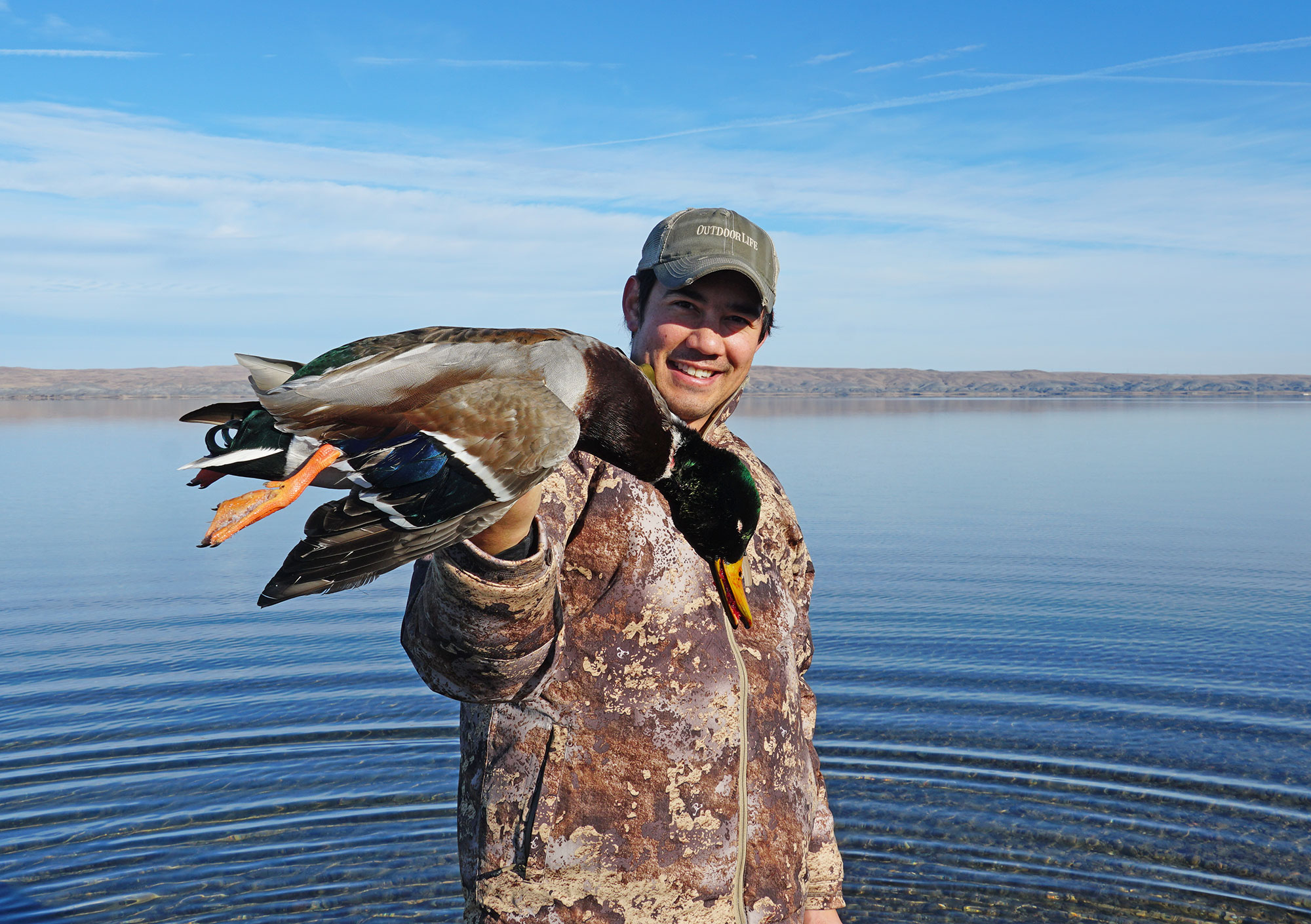
More pairs and singles came to our decoys and calling. At one point a loose flock of about 250 mallards began to swirl high above our little spread of three dozen floaters. From the corner of my eye, I spotted a fat greenhead cupped up, not 10 feet over the water. Shooting instinct that had been pent up for months took over, and I killed him with a splash. Gifford laughed as 250 mallards backpedaled and flared above us.
About 20 minutes later I called softly to a lone mallard that was lurking behind us. He eventually circled close enough and Gifford killed him with a single shot. With that, our duck season was over.
We piled up our ducks and then packed up the spread while reliving every moment of the hunt over and over. Those red legs and green heads, shimmering in the sunshine, made for the most spectacular colors I’d seen all year. It was, finally, Christmastime once again.
